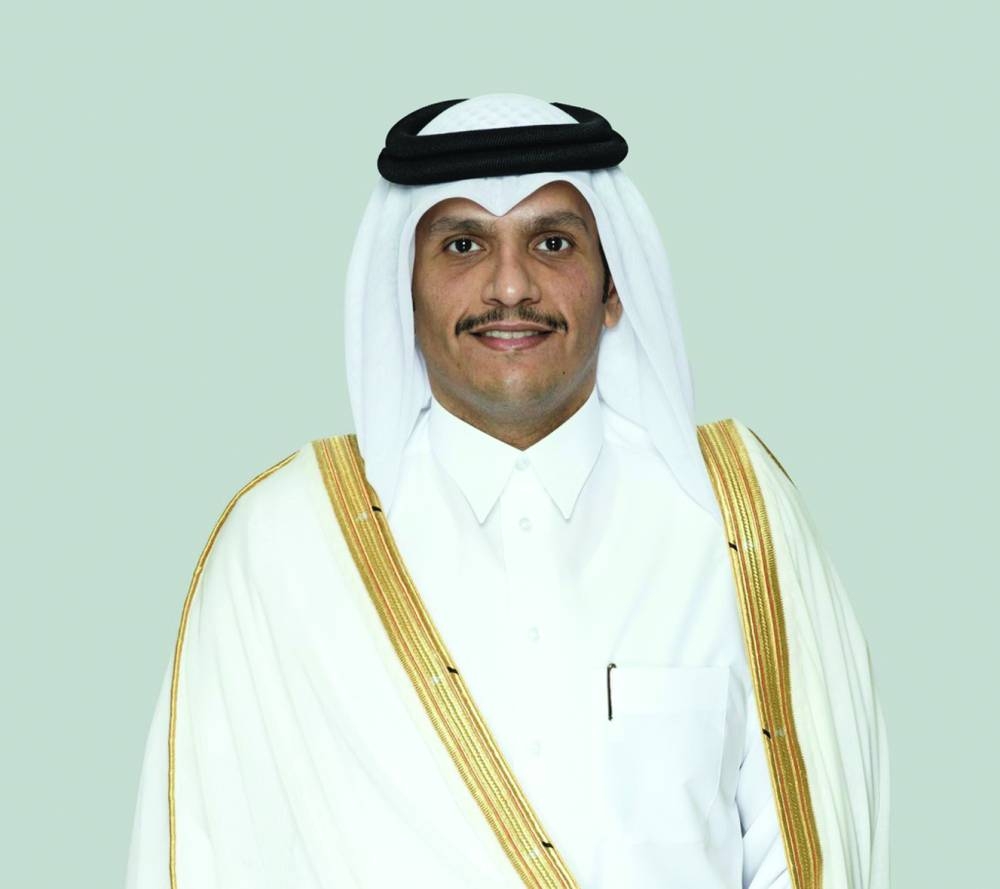HE the Prime Minister and Minister of Foreign Affairs Sheikh Mohammed bin Abdulrahman bin Jassim al-Thani affirmed that the developments in the Gaza Strip and Lebanon dominated the majority of the discussions at the first summit of the Cooperation Council for the Arab States of the Gulf (GCC) and the European Union (EU) held at the EU headquarters in Brussels, Belgium, on Wednesday.
During a joint press conference with High Representative of the Union for Foreign Affairs and Security Policy Josep Borrell and GCC Secretary-General Jasem Mohamed al-Budaiwi at the conclusion of the summit, HE Sheikh Mohammed said, "we had a very candid discussion on different issues than different crises. Of course, what's happening in the Middle East and especially the war on Gaza or the war on Lebanon has taken a significant time of these discussions."
He added that "what we have noticed throughout these discussions is that there is a common agreement basically that the only way forward for the conflict in the Middle East is implementing the two-state solution. Everyone sees the dire need of the humanitarian situation in Palestine and in Lebanon as well. And of course, reaching a ceasefire as soon as possible."
In response to a question on Qatar's role in the ceasefire in the Gaza Strip and the obstacles to mediation efforts, HE the Prime Minister and Minister of Foreign Affairs said, that as a mediator, it was not productive to discuss what or who are the obstacles.
The prime minister said that "on the prospects of the negotiation, which I believe unfortunately we've seen that the efforts being hindered in the past few weeks. And basically in the last three to four weeks, there is no conversation or engagement at all. And we are just moving in in the same circle with, with the silence from all parties. And this is unfortunate".
"We are trying our best to put an end to this humanitarian catastrophe that's happening and also to bring back the hostages to their families. But it always takes the two sides to reach an agreement, if you have one of them who's not willing or not interested in an agreement, you can never enforce it. And of course, what's happened with Lebanon has added to that complication, and we have seen that this war is just making the situation for the entire region worse and making it more complicated for us as a mediator."
M B
QNA 2156 GMT 2024/10/16

